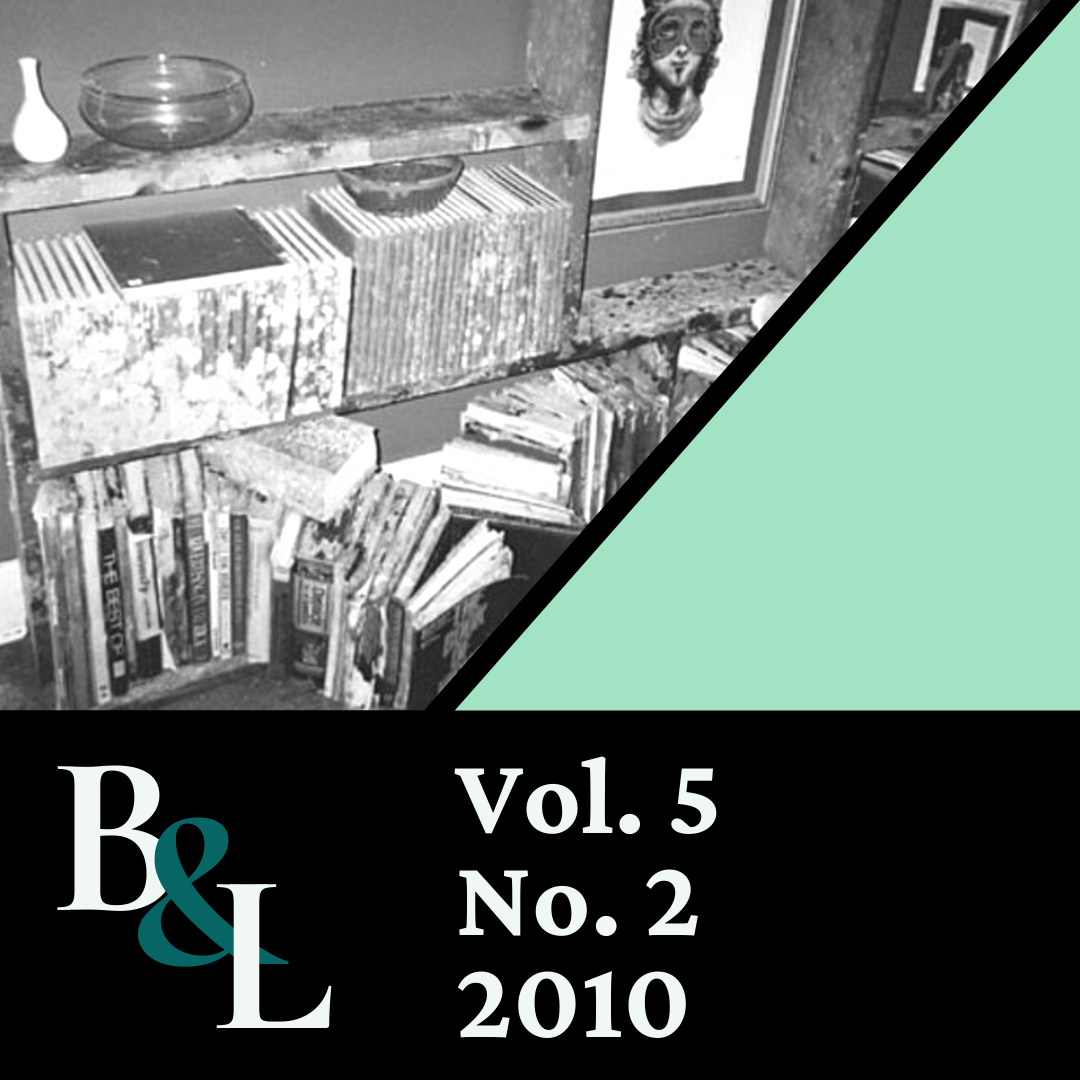Hurricanes and Hampton Court
Abstract
This essay thinks about Hurricane Katrina and the play Henry VIII together, a conjunction shaped both by the author's schedule in the late summer and early fall of 2005 and by her training. The play characterizes political turmoil through images of tempests; it both celebrates and undermines its title character's assertions of conscience; it uses carnivalesque discourse as a solvent on the pieties of political ceremony; and it asks whose historical narratives, finally, will prevail, and at what cost. Hurricane Katrina too may be thought about in these terms. It was a phenomenon combining nature with a political neglect both systematic and acute; it exposed the frailties of our nation's conscience; south Louisiana carnival skewered the attempts at all levels of government to put a brave face on the terrible ineptitudes that rendered an already-devastating hurricane catastrophic. Finally, though, this essay raises (but does not definitively answer) questions about the propriety of personal narratives proffered from the academic sidelines. Whose stories get told, whose repressed? May we think about Katrina through and with Shakespeare, without subsuming the hurricane's terrible material effects into comfortable academic modes of analysis, without rendering ourselves the academic equivalents of the play's gossiping gentlemen, trivializing commentators on a moment that forever divides then from now?


